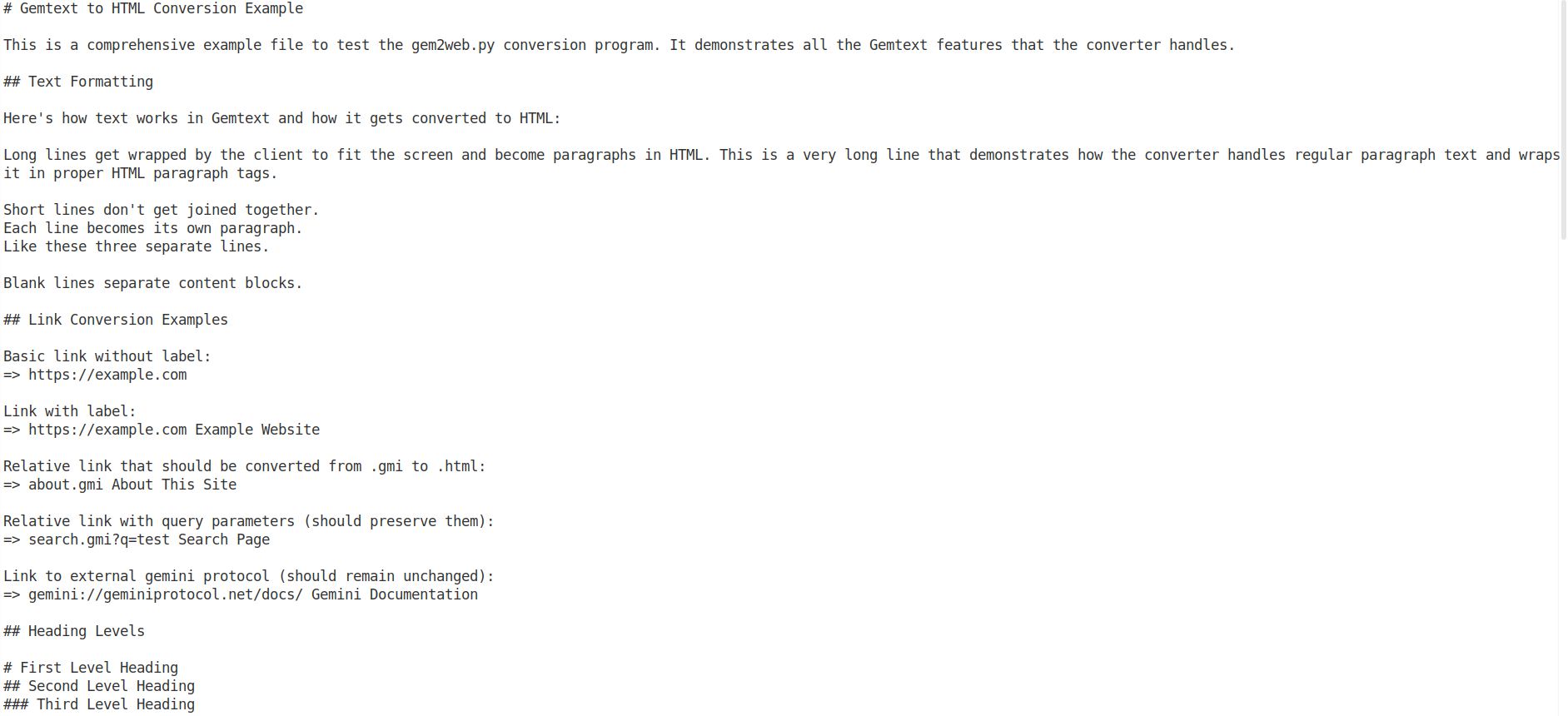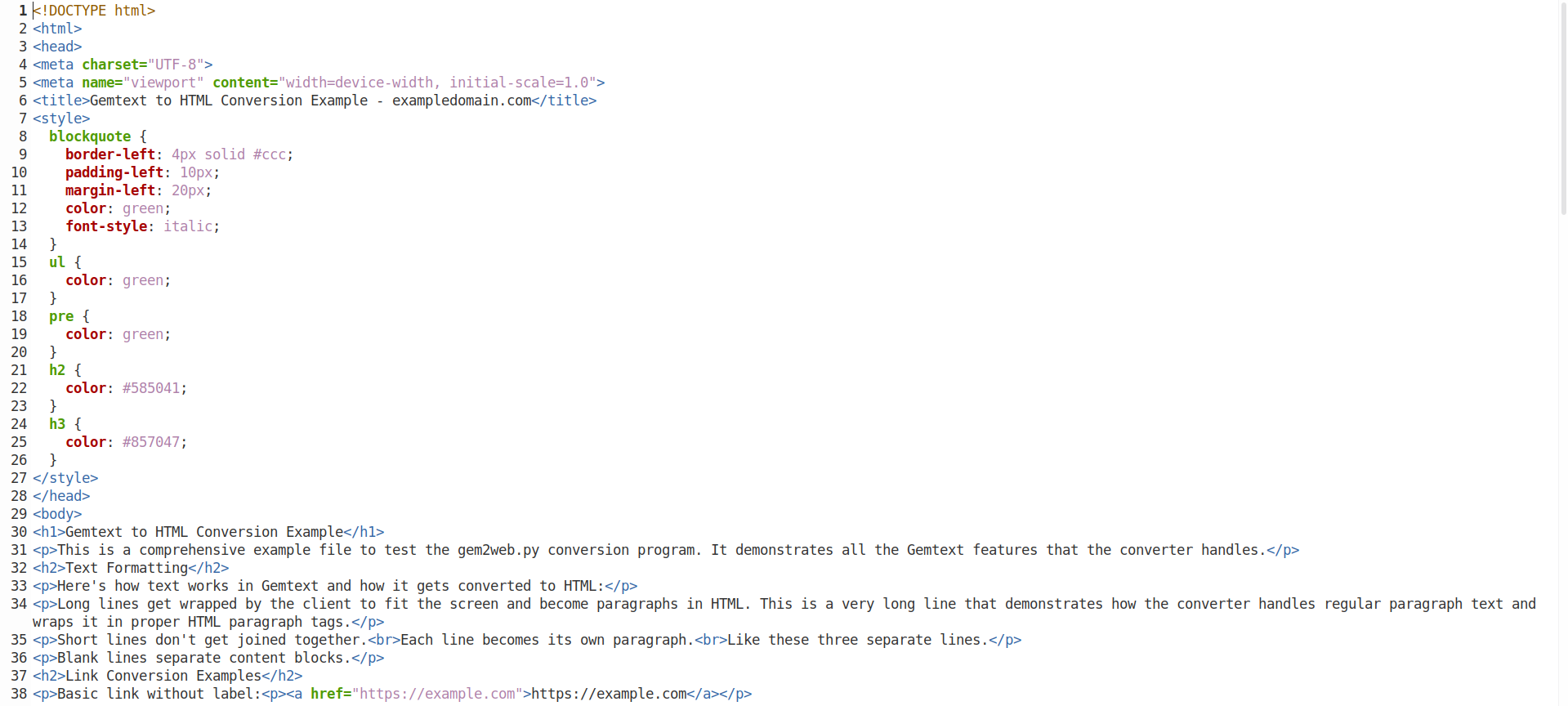A lot of gamers tend to also be teenagers/young adults who just want to play a game with their friends in their social group. I was a kid once too after all so its understandable. However its the "just want to play with my friends" crowd that enables the industries worst practices by being consumers who think of yearly video game release hype cycles as vehicles of social interaction instead of caring about games as an art form thats being slowly degraded by corporate cuckery over time.
Smokeydope
That was Hubble who discovered cosmic expansion was a real thing. einstein believed in a static universe and made up a constant specifically to model a static universe in general relativity
Black Ops 7. Its got plenty of shaming going on for other reasons already but this is the first time ive seen this message.
The lesson is that humans should always be held responsible for important decision making and to not rely on solely ML models as primary sources. Eating potentially dangerous mushrooms is a decision that you should only make if you're absolutely sure it wont hurt you. So for research If you choose upload a picture to chatgpt and ask if its edible instead of taking the time to learn mycology, attend mushroom foraging group events, and read identification books, well thats on you.
Honestly, my favorite people are the ones who love to talk and are horribly desperate to babble to potential listeners. I'm not much of a talker but I absolutely dont mind looking you in the eyes and nodding my head as you talk about your hobby or current going ons.
In bigger social groups I noticed this weird thing fellow humans tend to do where they all want a slice of being the talker/ center of attention and constantly cut off eachother or tune out current speaker waiting for them to shut up so they can start their monkey babble turn.
This behavior absolutely infuriates me and I refuse to take part in it. I would rather just be silent and let you say your piece than interrupt the flow.
As a knock on effect people subconsciously notice I'm not competing with them for talk time and am sending them constant listening signals like looking in the eye nodding head "mhm got you" stuff. This seems to really go a long way with making friendly with talkative types with minimal effort.
Paid products can be enshittified. Also, its not just the quality of products that are getting enshittified but the concept of ownership over usage and access to digital data.
-
Slowly raising sub rates with that boiling frog tek.
-
No longer providing means to purchase local copies of data on a CD-ROM when you did before, just to pigeon-hole buyers down a subscription only access to the cloud.
-
Not offering a one time lifetime subscription in your sub-only model.
It used to be that you bought something and owned it physically or at least owned a private copy of the data that could be cracked/ stripped of DRM so you could truly freely own and distribute. Now they all want to be digital landlords where you own nothing and pay a little more each month through the good old boiling frog while pinning price increases on inflation. The mid-term result is a 100$/year to rent out digital access to a dictionary when before you could buy a cd copy.
Also, I don't buy the "academic quality things should be incredibly expensive because its meant for scholars and university libraries" argument. Fuck that grift man. I know server infrastructure. It cost less to update a database or serve thousands of visitors than you might think especially for simple database lookups sent through https.
It also cost practically nothing to distribute a digital file. So, Free digital access to educational and reference materials output by universities realistically should be a right in any sane society. Im sure Oxford University gets enough tax breaks and gov subsidy they could do it without impacting the stock holders precious quarterly figures. That entire 12 volume OED set + SOED takes up 500mb and can be fit on every modern tablet and phone. It sure as hell could be fit on a CD ROM years ago when they made that. The only reason its not is greed and maybe the dopamine rush scholars get from filtering the plebs.
so why all the fuss about the inaccessibility of OED?
Because the OED is the creme of the crop for dictionaries, particularly the SOED has some of the most well put together definitions of any dictionary for casual lookup. Because the 1200$ paywall they put behind the physical editions was always bullshit. Because they no longer have legitimate ways of purchacing a cheaper local digital copy when one was available before is bullshit.
Sure, wiktionary or webster might have an entry for the word but if you do side by side comparisions betweeen dictionary theyre mid compared to OED/SOED. If your reaching for one the logic should be that you want the best/most accurate and descriptive one possible, no?
I genuinely believe that universities have at least a moral obligation (HA!) to provide free public services that better humanity. These are places of education subsidized and given tax breaks by the government for gods sake, yet theyre so corrupt from the rich fucks that run them like a for-profit corporation.
I would make an argument that free access to the highest quality dictionaries thats the gold standard for scholarly reference and similar such materials should be closer to a digital right than anything. In a better world academia pricing structures get fucked, knowledge becomes truly open through digital online and local reference resources without DRM.
Of course, thats a pipe dream. So instead, I simply ask for the option of an updated CD rom to be released as a possible purchacing option in a DRM free format. You know, like they already did years ago.
I don't own/use a kindle but did a 2 minute search and found this promising fourm post comment from user Enterio https://www.mobileread.com/forums/showthread.php?t=360684
"On my Kindle (Paperwhite, 11th gen), the dictionaries are held in the "\documents\dictionaries" subfolder (I kept my firmware to an older version to keep my USB connection). When I bought them online (on Amazon, see Kindle Default Dictionaries category), I received pre-made MOBI files that I only had to place in the aforementioned subfolder, without converting them to other file formats. Afterwards, I set up my default dictionaries for every language on my Kindle in Settings → Language & Dictionaries → Dictionaries. Hope that helped. "
Also, the 1921 version of Merriam-Webster dictionary has entered public domain and is available for local download in stardict format here https://github.com/ahacop/websters-dict-1913-stardict
Double reminder that local offline copies of wiktionary.org dictionaries are available in Stardict, Tabfile and Kindle formats for download here: https://github.com/Vuizur/Wiktionary-Dictionaries
Sure! Heres links.
The full Unabridged 2nd edition (comes in 2 parts): https://archive.org/details/stardict-Oxford_English_Dictionary_2nd_Ed._P1-2.4.2
The Smaller condensed SOED edition: https://archive.org/details/soedrich-star-dict-2022-11-11
While your at it download the torrent link file themselves too in case these archives ever get taken down. I get the impression Oxford is particularly aggressive with takedown request so please consider seeding to keep these alive and easily accessable for others.

















Call Of Duty Black Ops 7, however im hearing Battlefield 6 is also in the same boat.